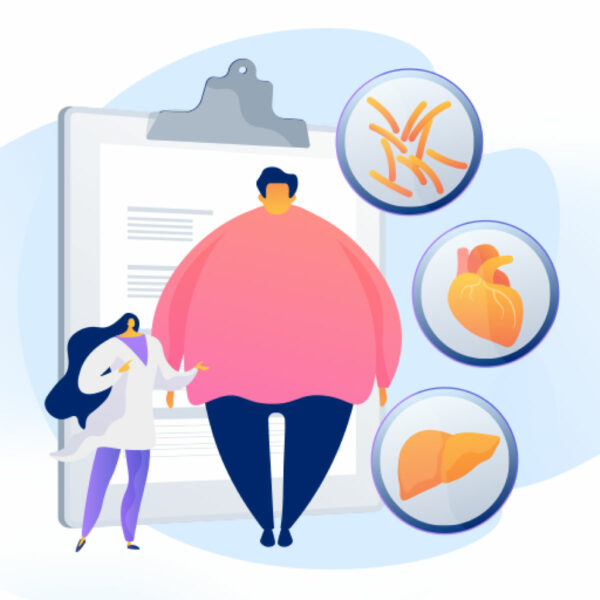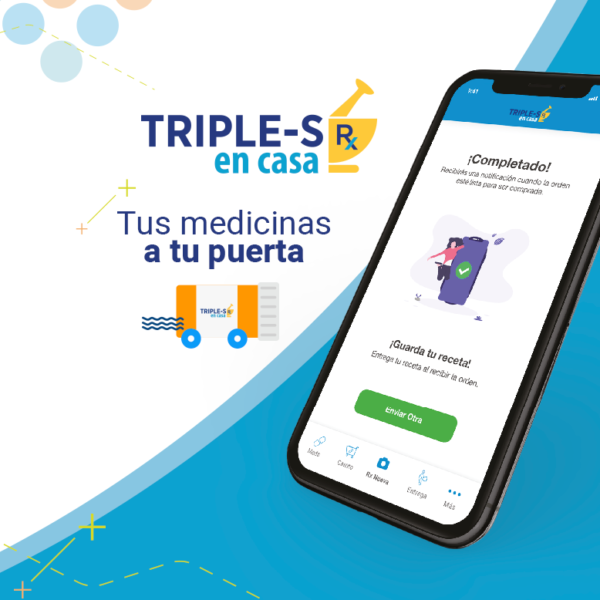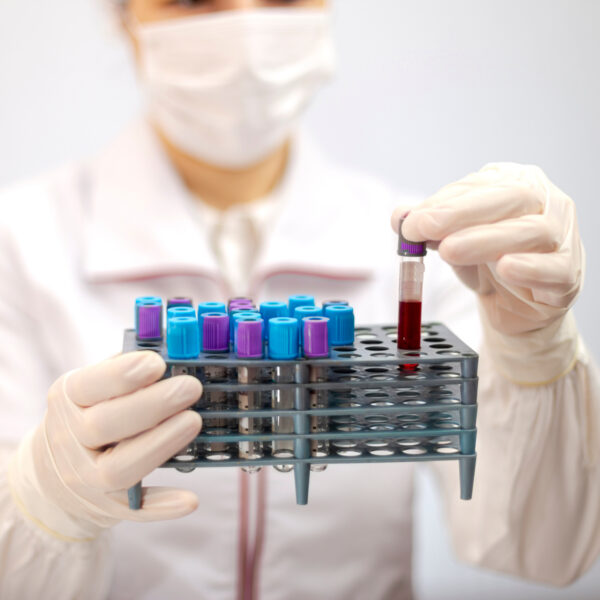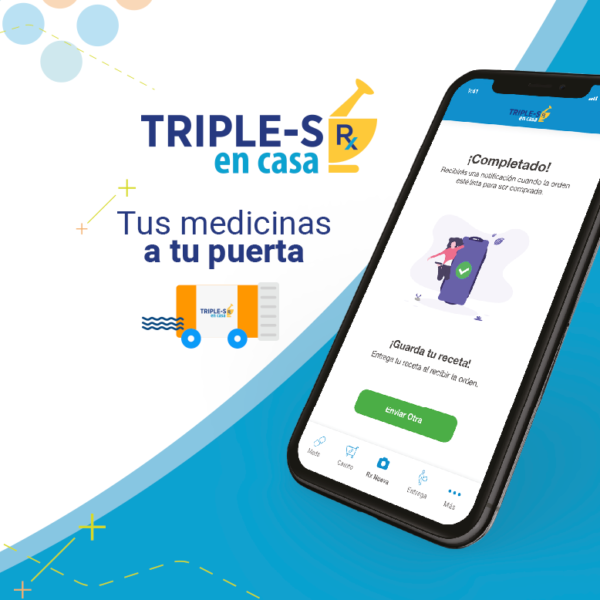Artificial intelligence, A.I., has the potential to transform health care and lead to significant changes in our lives.
A.I. uses powerful computers to imitate human intelligence in search of solutions to all sorts of queries or problems. It has the capacity to aggregate massive amounts of data to find patterns and predict results. There are at least ten ways in which it is anticipated that A.I. could provoke changes in health care.
- Accelerates the development of new therapies: The process of testing different chemical components to discover their therapeutic capabilities is laborious and highly costly. According to the Congressional Budget Office, developing a new drug can take over 10 years. It may cost from $1 billion to $2 billion. A.I. is projected to be able to assess the healing potential of thousands of chemical components in a fraction of the time, thereby significantly cutting the time needed for research and development and related costs. With A.I., we expect an increase in the number of therapies developed, perhaps with fewer risks associated with them and more effective.
- Efficiency: The health sector manages volumes of data, which increases the administrative costs for hospitals, health insurance plans, and medical offices. A.I. can lessen this burden. A recent article in the New York Times reports how a family physician in Tennessee uses A.I. to reduce the time to document his patients’ medical records from two hours to 20 minutes daily. In his case, as in many others, an increasing number of doctors are using A.I. as virtual medical assistants.
- Surgery: A.I. is being used in a series of surgeries with robotics, allowing surgeons to see more and be less invasive.
- Diagnosis: A.I. is being used to accelerate the diagnosis of an ailment, particularly when analyzing images that can lead to the early detection of melanoma or finding evidence of breast cancer in a mammogram. Although it is still to be recognized as a diagnostic tool for all diseases, the FDA has already approved a series of A.I. algorithms for diagnosing certain conditions. Hungary is one of the leading countries using a combination of A.I. and radiologists in five hospitals to evaluate thousands of mammograms leading to the early detection of lesions and eliminating unnecessary biopsies.
- Managing chronic conditions: Using A.I. in health records can establish patients’ risk patterns and help physicians and health plans recommend a course of action before the patient’s health deteriorates.
- Emergency rooms: A.I. can be more effective in alerting personnel in an ER as to who requires immediate medical care and what type of care.
- Improvements in the patient-doctor relationship: Several medical practices in the U.S. are using A.I to improve how they communicate with patients. They ask A.I. to prepare scripts that are clear and simple to understand while showing compassion and empathy. Dr. Eric Topol, a renowned cardiologist and author of the book How Artificial Intelligence Can Make Healthcare Human Again, considers that A.I. has the capacity to inject “humanity” once again into medicine by freeing doctors from tasks that interfere with the capacity to bond with patients.
- Medical training: A.I. enhances the capacity to train doctors, providing them with more tools in their development as doctors and specialists.
- Greater access: As A.I. advances, physicians are expected to have more time for patients, and there will be more virtual alternatives for doctors and nurses.
- Taking control of your health: Consumers will have access to more reliable A.I.-driven wearables and tests in their homes that are approved by health authorities to give them greater control over their health.
As with other technological breakthroughs, A.I. is still in its early stage and has yet to realize its potential. Currently, its weaknesses are being addressed to make this technology more dependable and trustworthy.










